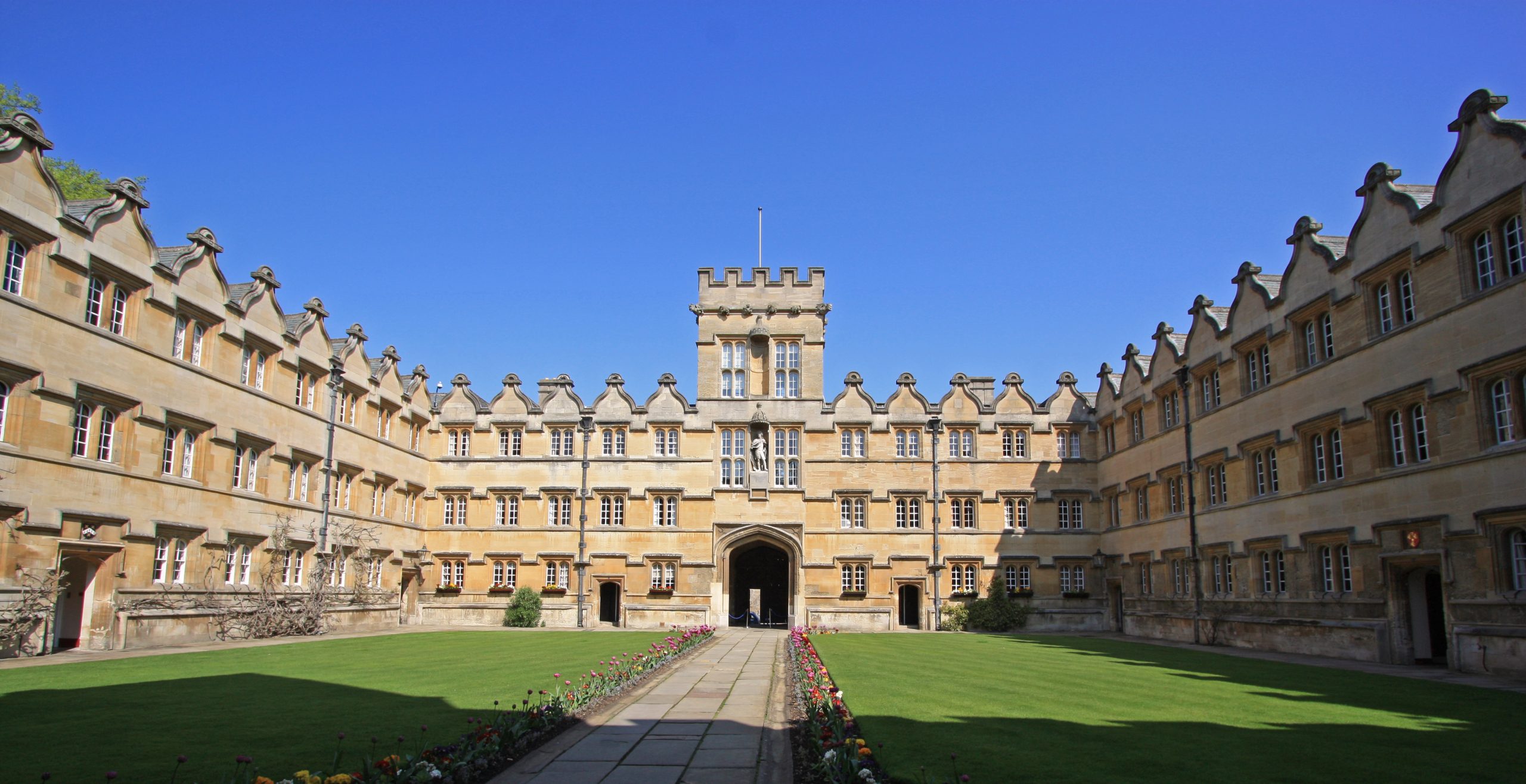Understanding what University is, will help you understand whether University is for you.

If you are currently doing A levels, or approaching the end of Year 11 no doubt you have heard of the idea of “going to university”. What does this even mean though? Is it like school? What could you study? What will it cost?
University is somewhere you can go to get a higher education. This means that you carry on with your studies from Levels 4-7. Often you need at least 3 A-Level or equivalent qualifications to access the course, however, this isn’t the only way to get in! The UK has over 160 universities, all ranking differently. You can apply to study at these schools all through UCAS (University and Colleges Admission Service).
A typical degree will take you three years to complete (Levels 4-6) but there are different pathways you can take. You could even stay on an extra year and complete a Masters degree which is even higher again or do a year in industry placement where you can get real world experience and often earn money at the same time!
How to apply to University
You can apply to University using UCAS (University and Colleges Admission Service).
You can apply through a centre such as a school or college, or you can apply as a private candidate. I would recommend applying as a centre as you can get support with your application that way.
When you fill out your application you will share your personal details, educational background and also personal statement to give the university a glimpse into who you are and why you want to study that course. In one application you can apply up to 5 different universities.
What a University offer means
Once you have applied to your top 5 schools, you will have to wait for a decision. A nerve-racking time!
When the universities finally get back to you, you will either be declined or have a conditional/unconditional offer.
A conditional offer means if you get the grades the university requests then you are in! An unconditional offer is even better – this means it doesn’t matter what grades you get, you have got a guaranteed place! An unconditional offer is usually reserved for the students they really want to join their course; if you get one of these well done! They are really prestigious!
Once you have received all decisions from these universities you must then choose a “firm” and “insurance”. This is basically your first choice and a back up.
Keep an eye on the key dates page for when your offer will come rolling in.
How much University costs
For a typical degree the maximum this will cost is £9,250 per year but this can vary spending on what country you study in. UCAS has a breakdown of the different tuition fees!
Tuition fees will cover all your lectures and tutorials, any access to any university libraries or computer spaces but does not cover accommodation and travel costs – you can get a separate loan for support with this.
Paying for University
You can, of course, pay for this yourself but if you are like me and not so lucky you can get a student loan from the government to cover your tuition fees and maintenance whilst studying.
Tuition loans go straight to University admin, you never have access to this money. The maintenance loan does get paid into your bank, in three instalments across each academic year.
These are both loans that you will need to pay back but only once you earn over a certain amount of money. Student finance England is the place to find out more information about this.
What you can study
The most popular style of course at a UK university is an undergraduate degree that will take you typically three years to complete.
When studying, your course is broken into different modules, all relating to your overall specialised subject. You will complete a variety of modules each year and then will have different assessments depending on the module. It might be an exam, an essay or a presentation that you will be graded on.
It’s best to check your course setup on the individual university sites as these can change from uni to uni, even if it’s the same name course. This will be one of the factors that helps you choose which university to go to.
Red Brick Universities
The most prestigious universities are referred to as “red brick universities”. A name that refers to the type of bricks used in these old university buildings. These schools received their Royal Charter to be independent universities in the 20th century.
There is no official list but typically many will refer to red brick as the below:
- University of Birmingham
- University of Bristol
- University of Leeds
- University of Liverpool
- University of Manchester
- University of Sheffield
University of Cambridge and Oxford are also prestigious and very competitive to get into. They have a separate application process all together!
If you have any questions feel free to contact me and I will be happy to help

